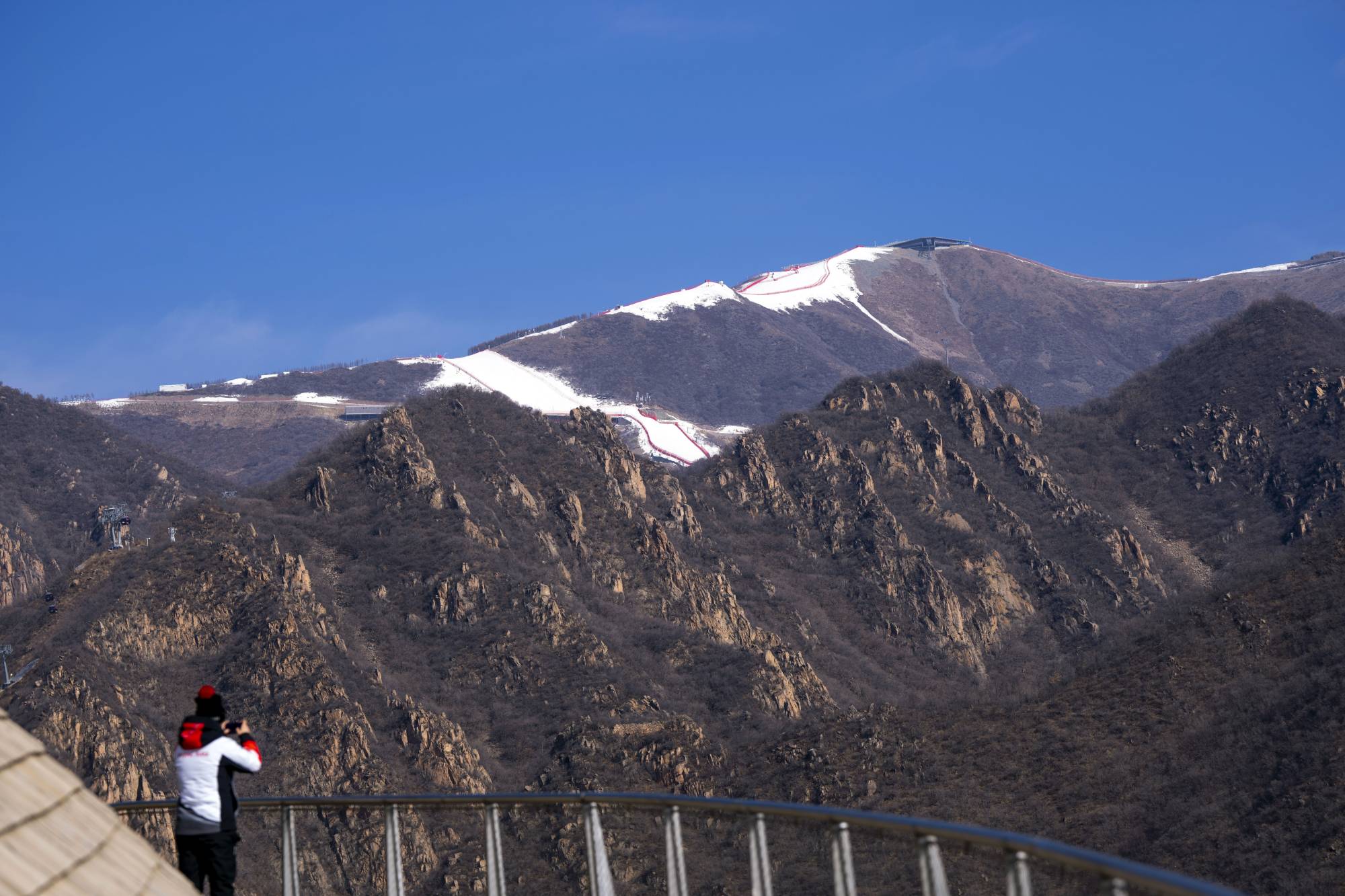China did not move mountains to host the 2022 Winter Olympics. But it flooded a dried riverbed, diverted water from a key reservoir that supplies Beijing and resettled hundreds of farmers and their families, all to feed one of the most extensive snow-making operations in the history of the Games.
This is what happens when the International Olympic Committee decides to bring the Winter Games to a place almost completely lacking in one of the main ingredients for winter sports: snow. What’s more, Beijing and its nearby mountains did not have that much water to make the artificial kind, either.
Machine-made snow has played a major role in winter sports for decades, even in snowier places like Norway, Switzerland and Colorado. In Beijing’s version of the Winter Games, the competitions that began this weekend will for the first time take place almost entirely on artificial snow, necessitating an Olympic snow-making and water-management operation of enormous scale, and foreshadowing the reality of snow sports everywhere as the planet warms.


















With your current subscription plan you can comment on stories. However, before writing your first comment, please create a display name in the Profile section of your subscriber account page.